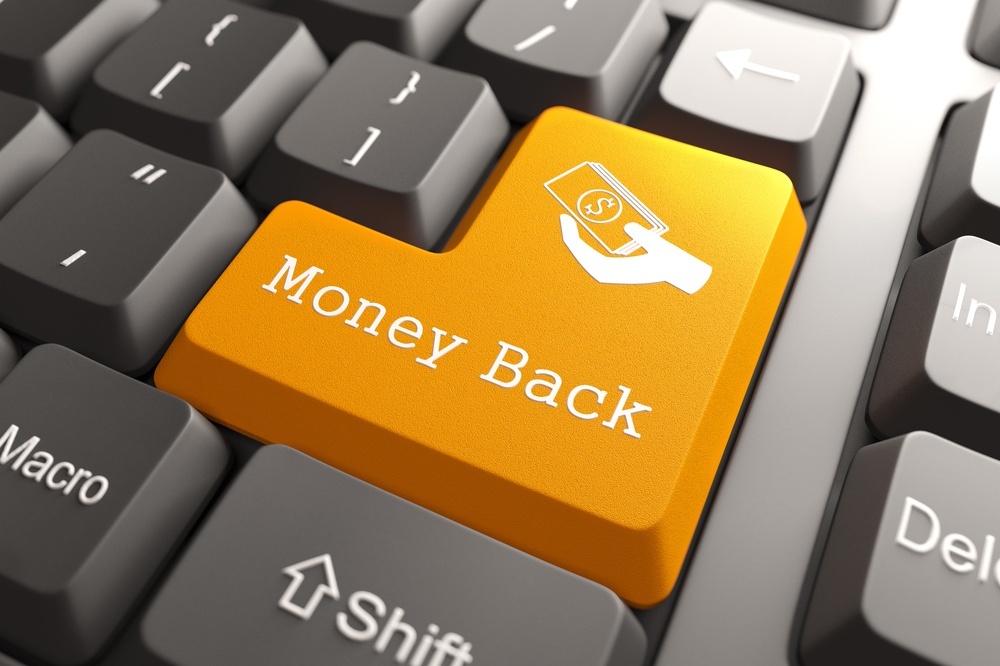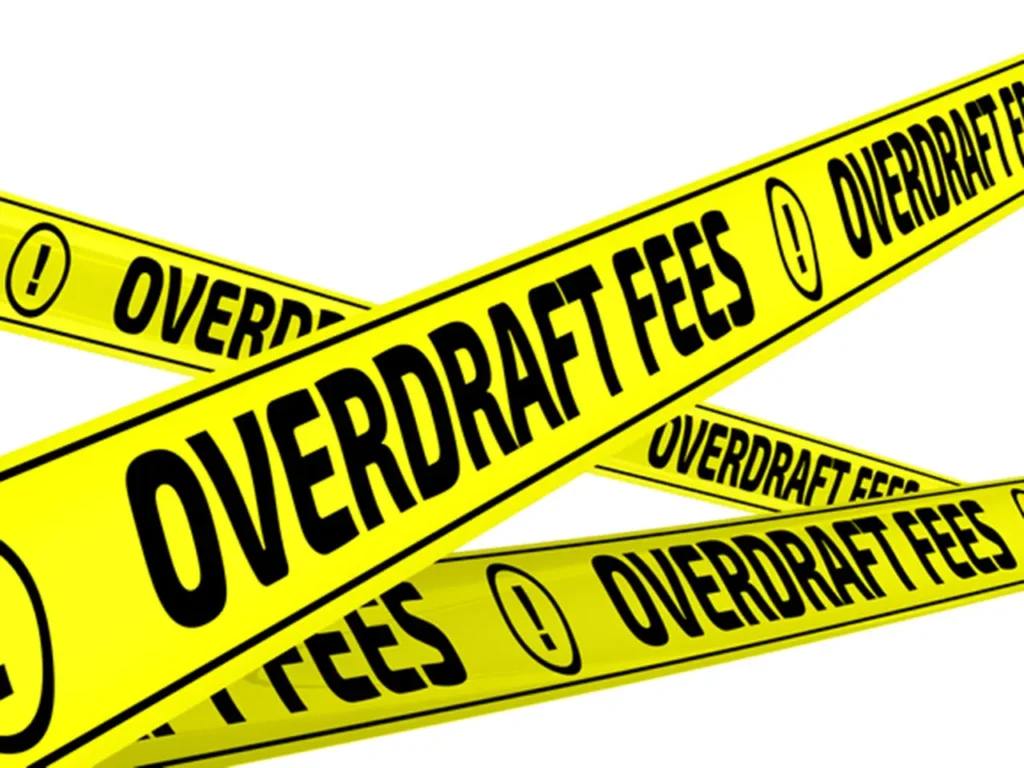
Will Banks Reverse Overdraft Fees? Tips 2024
Say you want to buy or pay for something but do not have enough money in your debit account to afford it. In this case, you can take what is known as an overdraft. Basically, an overdraft is a bank withdrawal that exceeds what you have in your account. Basically, the bank advances you the money you need and pays itself back later when you receive some money in your account.
As you may expect, this overdraft service does not come for free. Your bank will likely charge a fixed overdraft fee, which averages $25-$35 in the US. And depending on the bank, you have 5-7 days to pay up before you are charged an extended overdraft fee and put your account into trouble.
That said, overdraft fees are contestable. That means your bank may actually forfeit it. But on what grounds? Banks will reverse overdraft fees if:
You Cover Your Overdraft within a Day or Two

For most banks, the decision to charge you an overdraft fee majorly depends on how fast you pay back the money. So, say you repay your overdraft within the same day or by the start of business the following day, and your bank will likely reverse your overdraft.
Of course, this usually depends on the bank, which means if you don’t see a reversal of your overdraft fees, it is probably best to call your bank to find out the policy and possibly negotiate a waiver.
You Ask for a Refund

In many cases, an overdraft fee reversal is possible if you just ask for it. Yes, that’s right, banks are actually willing to negotiate with you about withdrawing overdraft fees if you take the initiative of asking for it.
So, what exactly do you need as leverage to fight overdraft fees? Well, for one, you should probably have a good reason to request the reversal. Maybe you were ill, which caused you not to take the overdraft or not pay it on time. Two, you can also leverage your loyalty with the bank during your negotiation.
If it is your first time taking an overdraft and you agree to pay it back immediately, your bank will likely agree to remove the fees. Be firm with your request while remaining polite. However, remember that you can only use this trick a limited number of times.
The Overdraft Fees Was Charged Mistakenly

Behind your bank are humans, which means mistakes can happen. For instance, you may be charged an extended overdraft fee, whereas you have already paid the full amount. Or you are charged even after paying your overdraft within the no-fee applicable period. In such cases, you can choose to fight overdraft fees by taking it up with your bank, and they will likely reverse the fees charged.
Have You Been Charged Wrongful or Excessive Overdraft Fees? You Can Fight Overdraft Fees with a Lawyer

Sometimes, you may be on the right, and still, your bank refuses to reverse overdraft fees. In this case, you can seek legal redress. The good news is, there are lawyers who can not only advise you on the actions you can take but also handle the actual process for you. Just make sure you do your research to find the right lawyer who can help you fight overdraft fees from the start to the end of the case.
